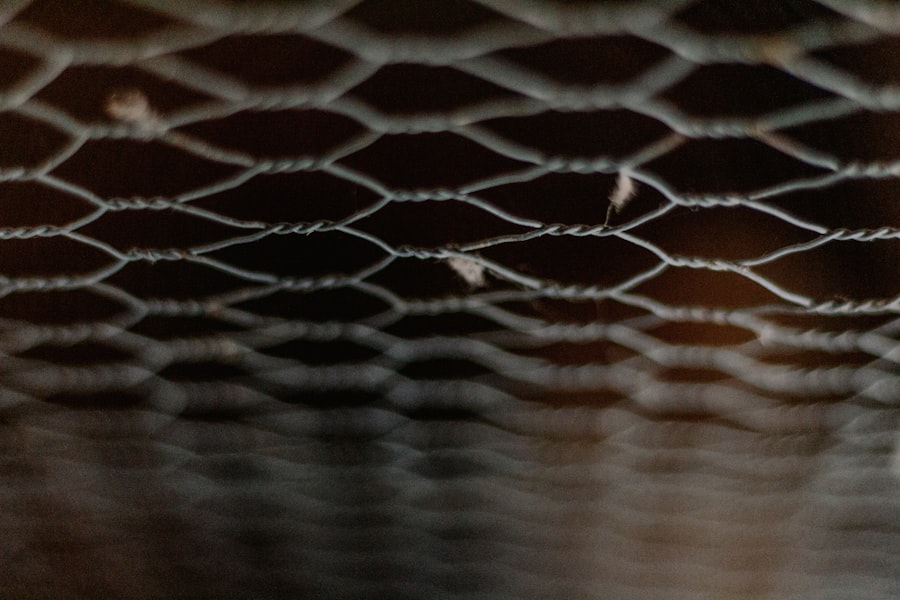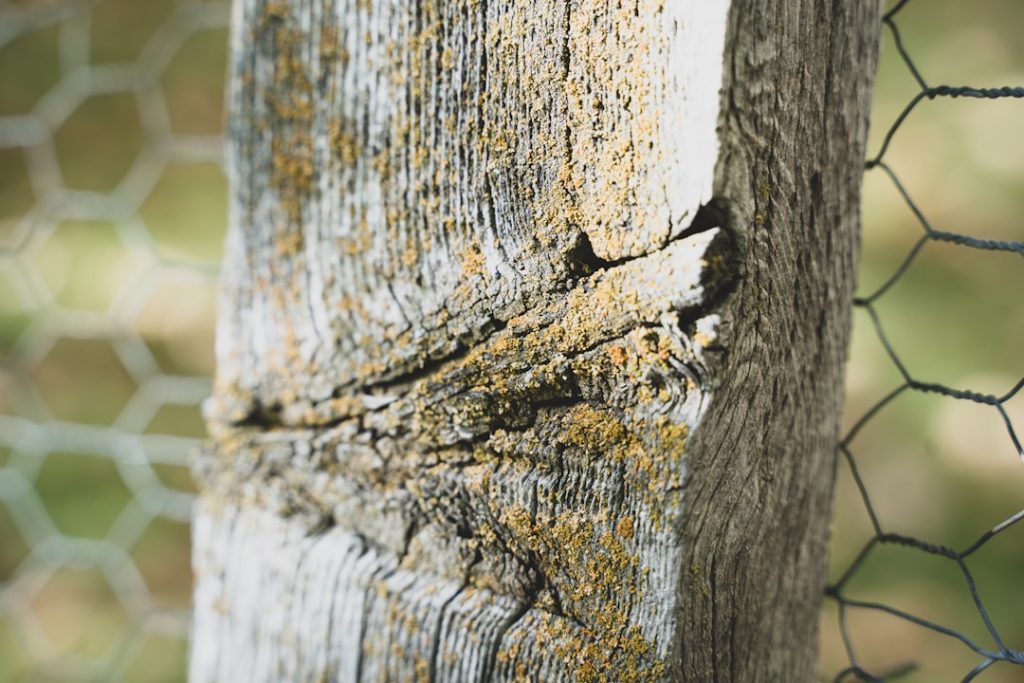Chickens are naturally curious and social animals with a strong foraging instinct. They are easily startled and will flee from perceived threats. Understanding these behaviors is essential for deterring them from unwanted areas.
Chickens are creatures of habit, consistently returning to established food sources or roosting spots. This necessitates consistent deterrent efforts. Chickens maintain a strong hierarchical structure within their flock, often following the lead of dominant birds.
If one chicken discovers a new food source or roosting area, the rest of the flock is likely to follow. Understanding these social dynamics is crucial for developing effective deterrent strategies. Chickens also possess keen hearing and can be sensitive to certain sounds, which can be utilized in deterrence methods.
A comprehensive approach to deterring chickens from unwanted areas can be developed by understanding these behavioral traits.
Table of Contents
- 1 Creating Physical Barriers
- 2 Using Natural Deterrents
- 3 Implementing Sound and Motion
- 4 Removing Food Sources
- 5 Providing Alternative Roosting Areas
- 6 Seeking Professional Help
- 7 FAQs
- 7.1 What are some natural ways to keep chickens away from an area?
- 7.2 Are there any commercial products available to keep chickens away?
- 7.3 Can I use food to attract chickens away from a specific area?
- 7.4 Are there any legal restrictions on keeping chickens away from certain areas?
- 7.5 What are some potential risks of using chemical deterrents to keep chickens away?
Key Takeaways
- Chickens are naturally curious and will explore their surroundings, so understanding their behavior is key to deterring them from unwanted areas.
- Physical barriers such as fences and netting can effectively keep chickens out of specific areas and protect gardens or crops.
- Natural deterrents like predator urine or strong-smelling plants can help keep chickens away from certain areas without causing harm to the birds.
- Implementing sound and motion devices, such as scarecrows or noise-making devices, can startle chickens and discourage them from lingering in unwanted areas.
- Removing food sources, such as spilled birdseed or fallen fruits, can help deter chickens from frequenting specific areas and seeking out alternative food sources.
- Providing alternative roosting areas, such as designated perches or shelters, can redirect chickens to more suitable locations for roosting.
- If all else fails, seeking professional help from animal control or poultry experts can provide additional guidance and support in deterring chickens from unwanted areas.
Creating Physical Barriers
One effective way to deter chickens from unwanted areas is by creating physical barriers. This can include using fencing or netting to block off access to specific areas. It is important to ensure that the barriers are secure and tall enough to prevent the chickens from flying over or squeezing through.
Additionally, it is important to regularly inspect and maintain the barriers to ensure that they remain effective. Another physical barrier that can be effective in deterring chickens is the use of scare tape or reflective objects. These can create visual disturbances that will startle the chickens and discourage them from approaching certain areas.
It is important to regularly move and change the placement of these objects to prevent the chickens from becoming accustomed to them. By creating physical barriers, you can effectively deter chickens from unwanted areas and protect your property.
Using Natural Deterrents

In addition to physical barriers, natural deterrents can also be effective in deterring chickens. One natural deterrent is the use of predator decoys, such as fake owls or hawks. These decoys can create the illusion of a threat and discourage chickens from approaching certain areas.
It is important to regularly move and change the placement of these decoys to prevent the chickens from becoming accustomed to them. Another natural deterrent is the use of strong-smelling plants or herbs, such as lavender or mint, which can repel chickens with their scent. These can be planted around the perimeter of the area you want to protect or used in the form of essential oils or sprays.
By using natural deterrents, you can effectively deter chickens from unwanted areas without causing them harm.
Implementing Sound and Motion
Sound and motion can also be effective in deterring chickens from unwanted areas. One way to use sound as a deterrent is by using ultrasonic devices that emit high-frequency sounds that are unpleasant for chickens. These devices can be placed around the perimeter of the area you want to protect and can help deter chickens without causing harm.
Another way to use sound and motion as a deterrent is by using motion-activated sprinklers or lights. These devices can startle the chickens when they approach certain areas, discouraging them from returning. It is important to regularly move and change the placement of these devices to prevent the chickens from becoming accustomed to them.
By implementing sound and motion as deterrents, you can effectively discourage chickens from unwanted areas.
Removing Food Sources
One of the most effective ways to deter chickens from unwanted areas is by removing their access to food sources. This can include securing garbage cans and compost bins, as well as cleaning up any spilled food or seeds. It is important to regularly inspect the area for any potential food sources and remove them promptly.
Additionally, it is important to secure any pet food or bird feeders that may attract chickens. By removing access to food sources, you can effectively deter chickens from unwanted areas and encourage them to forage elsewhere.
Providing Alternative Roosting Areas

Another effective way to deter chickens from unwanted areas is by providing alternative roosting areas. This can include installing roosting poles or platforms in a different location that is more suitable for the chickens. By providing an alternative roosting area, you can encourage the chickens to roost elsewhere and reduce their presence in unwanted areas.
It is important to make the alternative roosting area as appealing as possible by ensuring that it is secure, comfortable, and protected from predators. By providing alternative roosting areas, you can effectively deter chickens from unwanted areas and minimize their impact on your property.
Seeking Professional Help
If you have tried various deterrent methods and are still struggling to deter chickens from unwanted areas, it may be time to seek professional help. A professional pest control service or animal behaviorist can provide expert advice and assistance in developing a comprehensive strategy for deterring chickens. Professional help may involve identifying specific behaviors or patterns that are attracting the chickens to unwanted areas and developing targeted solutions to address them.
Additionally, a professional can provide ongoing support and guidance to ensure that your deterrent efforts are effective in the long term. In conclusion, deterring chickens from unwanted areas requires a comprehensive approach that takes into account their behavior and instincts. By understanding their behavior, creating physical barriers, using natural deterrents, implementing sound and motion, removing food sources, providing alternative roosting areas, and seeking professional help when needed, you can effectively deter chickens and protect your property.
With patience and persistence, you can successfully discourage chickens from unwanted areas and minimize their impact on your property.
If you’re looking for tips on how to keep chickens away from a specific area, you might also be interested in learning about what to feed ducks. Check out this article on what to feed ducks for some helpful information on keeping ducks happy and healthy.
FAQs
What are some natural ways to keep chickens away from an area?
Some natural ways to keep chickens away from an area include using strong-smelling herbs and plants, such as lavender or mint, creating physical barriers like fences or netting, and using motion-activated sprinklers to deter them.
Are there any commercial products available to keep chickens away?
Yes, there are commercial products available such as chicken repellent sprays, ultrasonic devices, and visual deterrents like scarecrows or reflective tape.
Can I use food to attract chickens away from a specific area?
It is not recommended to use food to attract chickens away from a specific area as this may encourage them to return to the area in the future.
Are there any legal restrictions on keeping chickens away from certain areas?
There may be local ordinances or regulations regarding the keeping of chickens and the methods used to keep them away from certain areas. It is important to check with local authorities before implementing any deterrent methods.
What are some potential risks of using chemical deterrents to keep chickens away?
Using chemical deterrents to keep chickens away can pose risks to the environment, other wildlife, and potentially to humans. It is important to carefully consider the potential impacts and use these products responsibly, following all safety guidelines.
Meet Walter, the feathered-friend fanatic of Florida! Nestled in the sunshine state, Walter struts through life with his feathered companions, clucking his way to happiness. With a coop that’s fancier than a five-star hotel, he’s the Don Juan of the chicken world. When he’s not teaching his hens to do the cha-cha, you’ll find him in a heated debate with his prized rooster, Sir Clucks-a-Lot. Walter’s poultry passion is no yolk; he’s the sunny-side-up guy you never knew you needed in your flock of friends!







